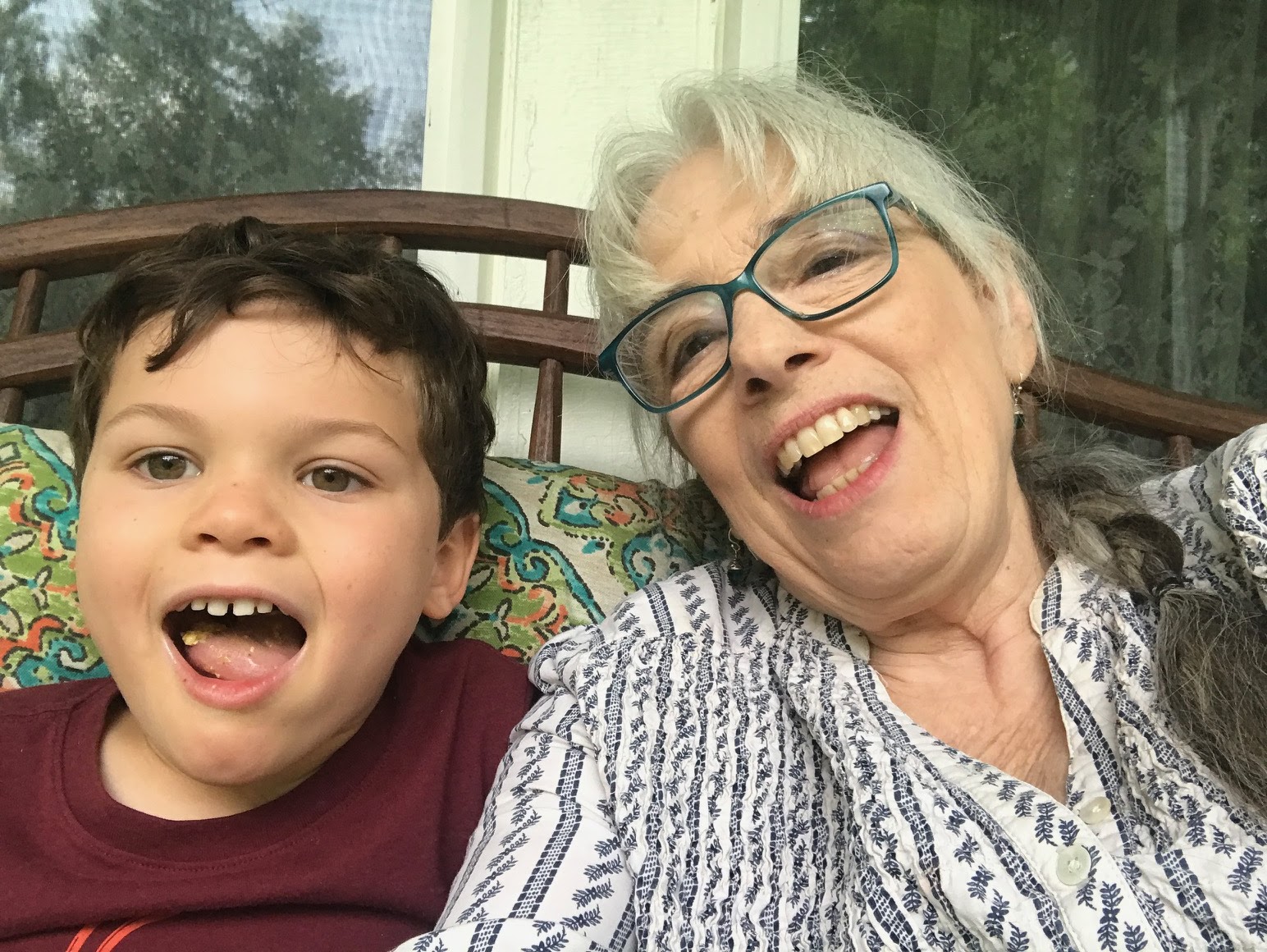Find novels by Eileen Charbonneau HERE
January is a great reading month. Do you that you as a treasured readers have the power in this digital age, to give your favorite authors a boost?
How?
Reviewing!
There is nothing as sweet to an author's eyes as the sight of a satisfied reaction to all her moths of hard work to bring you the best storytelling she can manage!
Reviews help authors find new readers, too. And they help your favorites pop up in search features. If we want our books to move on the online marketplace, they must have reviews attached.
Some places to post reviews are:
Amazon
Goodreads
bn.com
bookbub
kobo
Storygraph
And of course you can post the same review on all these places. So dear readers, give authors a nice boost, short or long, good or even disappointed this time out...we'd love to hear from you.
Here are some of of my favorites reviews of Spectral Evidence from readers I treasure....
"The characters are well written. I loved how the author portrayed the bond between Charlotte and her father and how she seamlessly wove several fascinating subplots into the story."
"This book should have great appeal for all who love historical fiction and/or mysteries. It works on the levels of both adult fiction and YA."
"The authors draw their readers back to colonists in Newfoundland, who, in 1692, wanted to stay out of Old World politics."
"Spectral Evidence is a well-written novel with interesting historical fictional characters."
"While reading I learned much about Newfoundland and fishing. This material was woven into the story so skillfully it neverstuck out. This is a historical mystery and much is different than today in mysteries. Think of no fingerprint data,no DNA. The detectives were ordinary people and they had to use what thy knew and what they could learn."



















